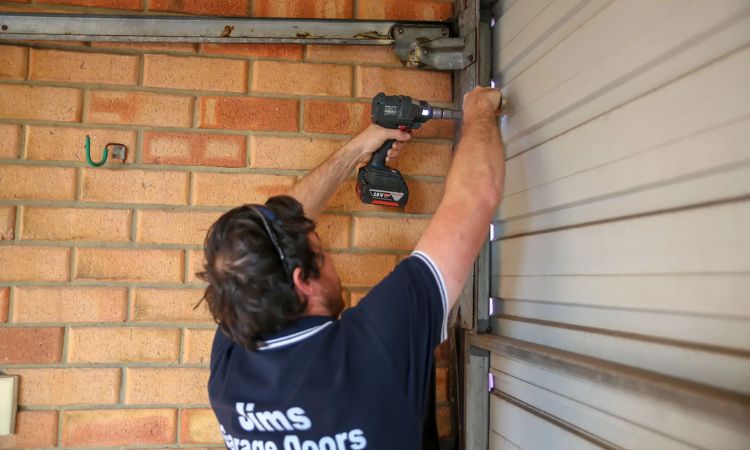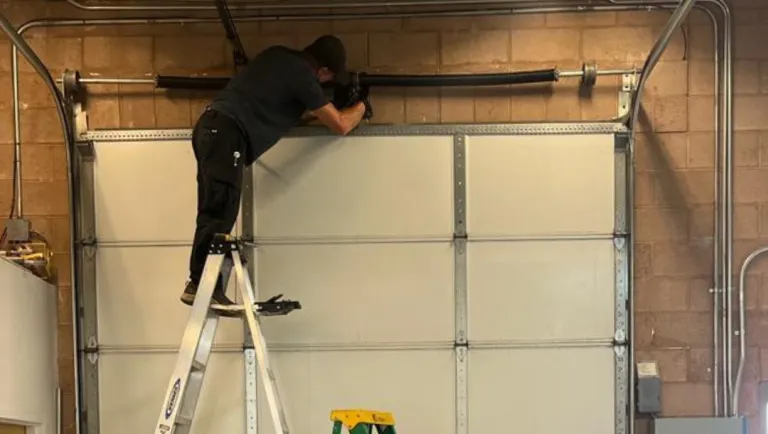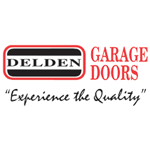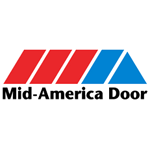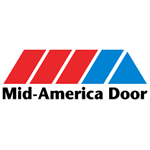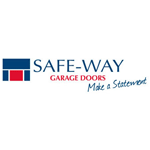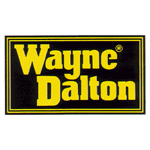
Garage door openers have become a modern-day convenience that most homeowners rely on daily. Whether you’re leaving for work, coming home in the rain, or simply securing your space at night, a reliable garage door opener makes all the difference. But how much do you really know about this essential device?
In this blog, we’ll walk you through the basics of garage door openers, types, maintenance tips, and when to consider a replacement.
What Is a Garage Door Opener?
A garage door opener is a motorized device that opens and closes a garage door, either by remote control or wall switch. While it may seem like a simple tool, it involves a complex system of parts, including a motor, trolley, chain or belt drive, and various sensors.
Types of Garage Door Openers
There are several types of garage door openers to choose from, each offering unique benefits. Chain drive openers are durable and cost-effective but noisier. Belt drive openers are quieter and ideal for attached garages. Screw drive openers require less maintenance, while direct drive openers offer a silent, reliable operation. Selecting the right type depends on your garage setup and noise preferences. Choosing the right garage door opener depends on your specific needs, budget, and garage setup.
1. Chain Drive Openers
Chain drive openers are a popular and cost-effective option for garage doors. They use a metal chain to lift and lower the door, making them durable and reliable. While they tend to be noisier compared to other types, they are ideal for detached garages due to their strength and long-lasting performance.
2. Belt Drive Openers
Belt drive openers use a rubber belt to lift and lower the garage door, offering a quieter operation compared to chain drive models. Ideal for garages attached to living spaces, they provide smooth and quiet performance, although they tend to come at a higher price point due to their advanced technology and quieter operation.
3. Screw Drive Openers
Screw drive openers use a threaded steel rod to move the garage door, offering fewer moving parts compared to chain or belt systems. This design results in less maintenance and smooth operation, though it can be sensitive to temperature fluctuations, making it ideal for climates with mild conditions.
4. Direct Drive Openers
Direct drive openers are a quieter and more reliable option, as the motor itself moves the door without relying on belts or chains. With fewer moving parts, these openers require less maintenance and are ideal for homeowners looking for a smooth, silent operation.
Smart Features in Modern Garage Door Openers
Modern garage door openers come equipped with smart features like Wi-Fi connectivity, smartphone control, rolling code security, and backup batteries—offering enhanced convenience, improved safety, and remote access from anywhere.Technology has changed how garage doors operate, making them more secure and convenient.
1. Wi-Fi Connectivity : Open and close your garage door remotely using a smartphone app. Great for deliveries or when you forget to close the door.
2. Security Features : Many newer models include rolling code technology that changes the access code with every use, reducing the risk of break-ins.
3. Backup Battery : Ensure your garage door works even during power outages—especially helpful during storms or emergencies.
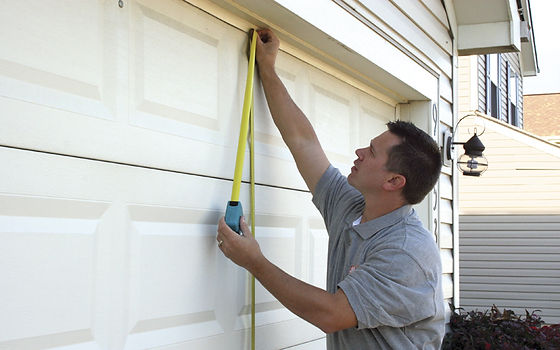
Maintenance Tips for Your Garage Door Opener
Regular maintenance can keep your garage door opener running smoothly for years.
1. Lubricate Moving Parts : Apply lubricant to the chain, rollers, and hinges every 6 months to reduce friction and noise.
2. Test Safety Sensors : Make sure the auto-reverse feature works properly. Place an object in the path of the door to ensure it reverses when contact is made.
3. Check Remote Batteries : Weak batteries in remotes can lead to inconsistent operation. Replace them annually or as needed.
When to Replace Your Garage Door Opener
Even with great maintenance, garage door openers don’t last forever. Here are signs it might be time for a new one:
- Excessive noise or vibration
- Inconsistent opening or closing
- Lack of modern safety features
- Frequent breakdowns or costly repairs
Most openers last around 10 to 15 years, depending on usage and care.
Final Thoughts
Garage door openers are more than a convenience—they’re an important part of home security and functionality. Understanding the different types, features, and maintenance requirements helps ensure your opener performs reliably and lasts as long as possible. Whether you’re upgrading, replacing, or just learning more, being informed makes all the difference.




